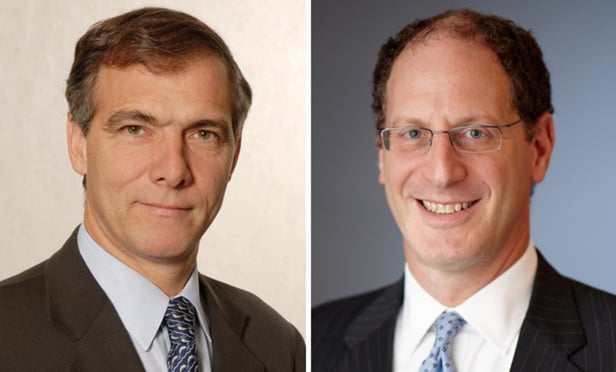Southern District of New York prosecutors recently convicted five ex-employees of Bernard Madoff in a case that appeared to turn almost entirely on the question whether the defendants had knowledge of Madoff’s illegal Ponzi scheme.1 This much-discussed prosecution provides another opportunity to consider the law of conscious avoidance, a topic this column has addressed in the past.2 As is typical in cases where the element of knowledge or willfulness is contested, the government sought and obtained, over a defense objection,3 a conscious avoidance instruction that allowed the jury to find the defendants guilty even if they lacked actual knowledge of Madoff’s fraud, if their lack of knowledge was due to their deliberate acts to avoid discovery of Madoff’s actions.4
Pursuant to the doctrine of conscious avoidance, also sometimes referred to as “wilful blindness” or the “ostrich doctrine,” a defendant who deliberately shields himself from clear evidence of critical facts is considered equally liable as one who has actual knowledge. He may not escape guilt by “‘clos[ing] his eyes, when he pleases, upon all sources of information, and then excuse his ignorance by saying that he does not see anything.’”5
This content has been archived. It is available through our partners, LexisNexis® and Bloomberg Law.
To view this content, please continue to their sites.
Not a Lexis Subscriber?
Subscribe Now
Not a Bloomberg Law Subscriber?
Subscribe Now
LexisNexis® and Bloomberg Law are third party online distributors of the broad collection of current and archived versions of ALM's legal news publications. LexisNexis® and Bloomberg Law customers are able to access and use ALM's content, including content from the National Law Journal, The American Lawyer, Legaltech News, The New York Law Journal, and Corporate Counsel, as well as other sources of legal information.
For questions call 1-877-256-2472 or contact us at [email protected]



